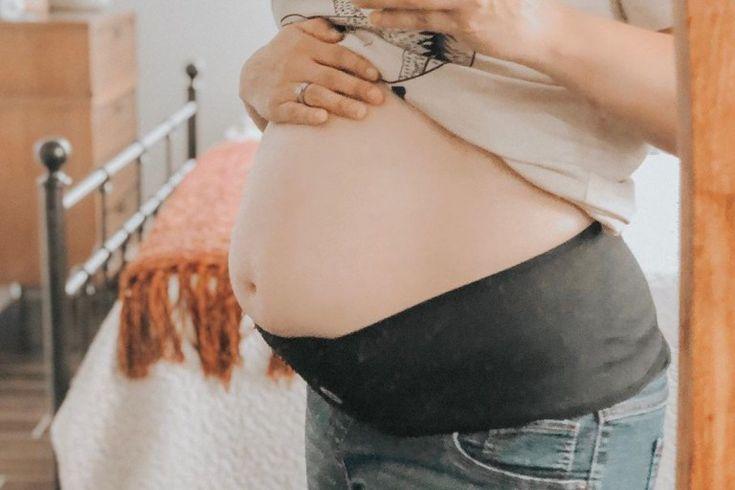So, you’ve had a 15-minute surgery at a clinic or dental surgery and are going about your day. Nothing to worry about, right? Wrong!
When you are recovering from surgery at home, even minor surgery, it is important to note that your body does not know you have ‘had surgery.’ To your body, you have been injured and now, it needs to divert all power to help you recover.
In this article, 5 of the most practical methods to recover from surgery are explored, helping you to recover quickly in your own home. So read on and enjoy!
Tips to Recover From Surgery
Depending on your age, health, and type of surgery, the process of healing can be longer and more strenuous. While the following tips are aimed at more minor surgery, you can apply them to major surgery too.
Just be sure that when you are recovering from more invasive surgeries, you know all of your specific requirements for healing from the type of surgery you have had.
Follow Aftercare Advice
As obvious as it sounds, always follow the aftercare advice of your surgeon, doctor, or other healthcare professional. They will usually give you a booklet or leaflet to take home, so be sure to read it thoroughly.
If you are unsure about anything in the booklet or have forgotten post-procedure instructions, contact the clinic or hospital where you had the procedure performed. Alternatively, make an appointment with your general care practitioner.
Check for Infection
Even with minor surgery, it can be tough to check the site for infection. This is because many doctors will advise you to keep surgical dressings on while the incision site heals.
Of course, you can check for infection without looking at the incision. Check your temperature every day and be wary of unusual soreness at the surgery site.
While some soreness is normal, worsening discomfort is not and you should call a medical practitioner promptly. If you feel ill, nauseated, or begin being physically sick, seek medical help immediately.
Rest!
For the next few days following your surgery, it is likely that you will feel more tired than usual. This is no coincidence.
To promote faster healing in the body, your system engages an almost ‘shut-down’ mode. That way, it can divert more energy to healing the incision site than exercise or other calorie-draining activities.
And while sleeping all day may not be appealing or plausible, aim to rest as much as you can while at home. Watch TV, shop online, and cut back from day trips to the gym. Alora Health Spa recommends recovering from surgery with targeted massage, to increase blood flow.
All of these things will speed up your recovery and reduce the risk of complications.
Nutrition
You are what you eat and in the days and weeks following surgery, your body will need more help to repair the damage from the surgery. Even if you have had major surgery and do not feel hungry, you need to stay full and hydrated to help you recover from an operation.
Aim to eat healthy foods like vegetables and fruits but don’t opt for low-fat options if possible. Your body needs the extra calories to help with the repair, and eating minimal food will prolong the healing and create longer periods of fatigue.
Keep Appointments
Another obvious point, but following even minor surgery, you will need an appointment with your surgery team or another health care provider.
Always aim to keep these appointments, as they allow the medical team to check on the healing of the site and to assess how you are in general. Should you miss an appointment, you run the risk of further complications.
Recovering From Surgery
As you can see, to recover from surgery can be tricky and tiring. But done correctly and with care, you will be up and about in no time feeling like your old self! In short, try not to rush the process.
For more tips on recovering from all types of surgery, see the Health and Fitness section of our blog.











